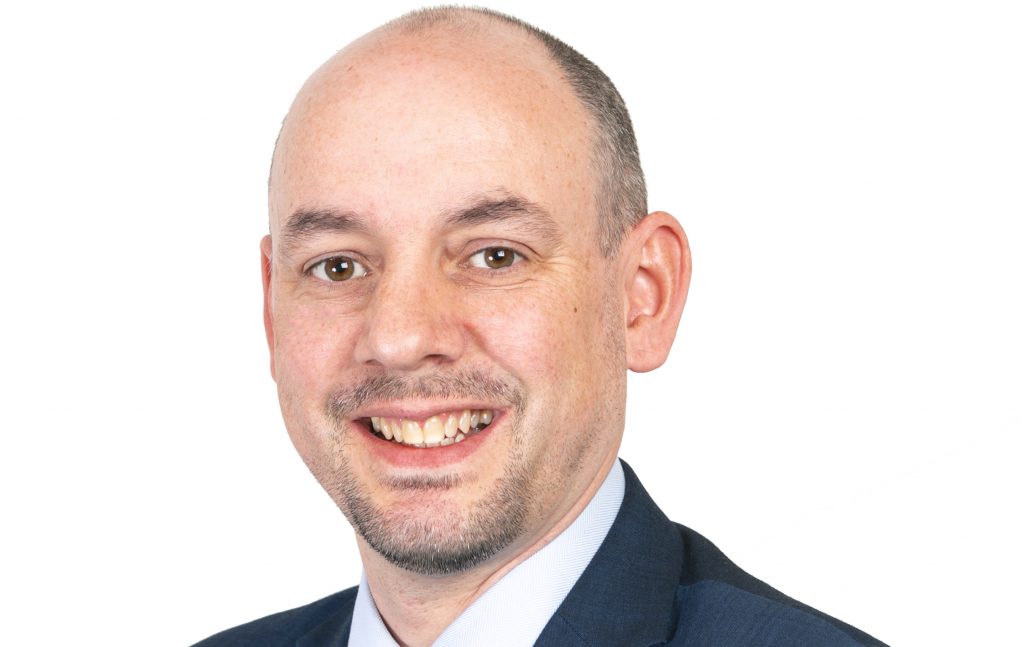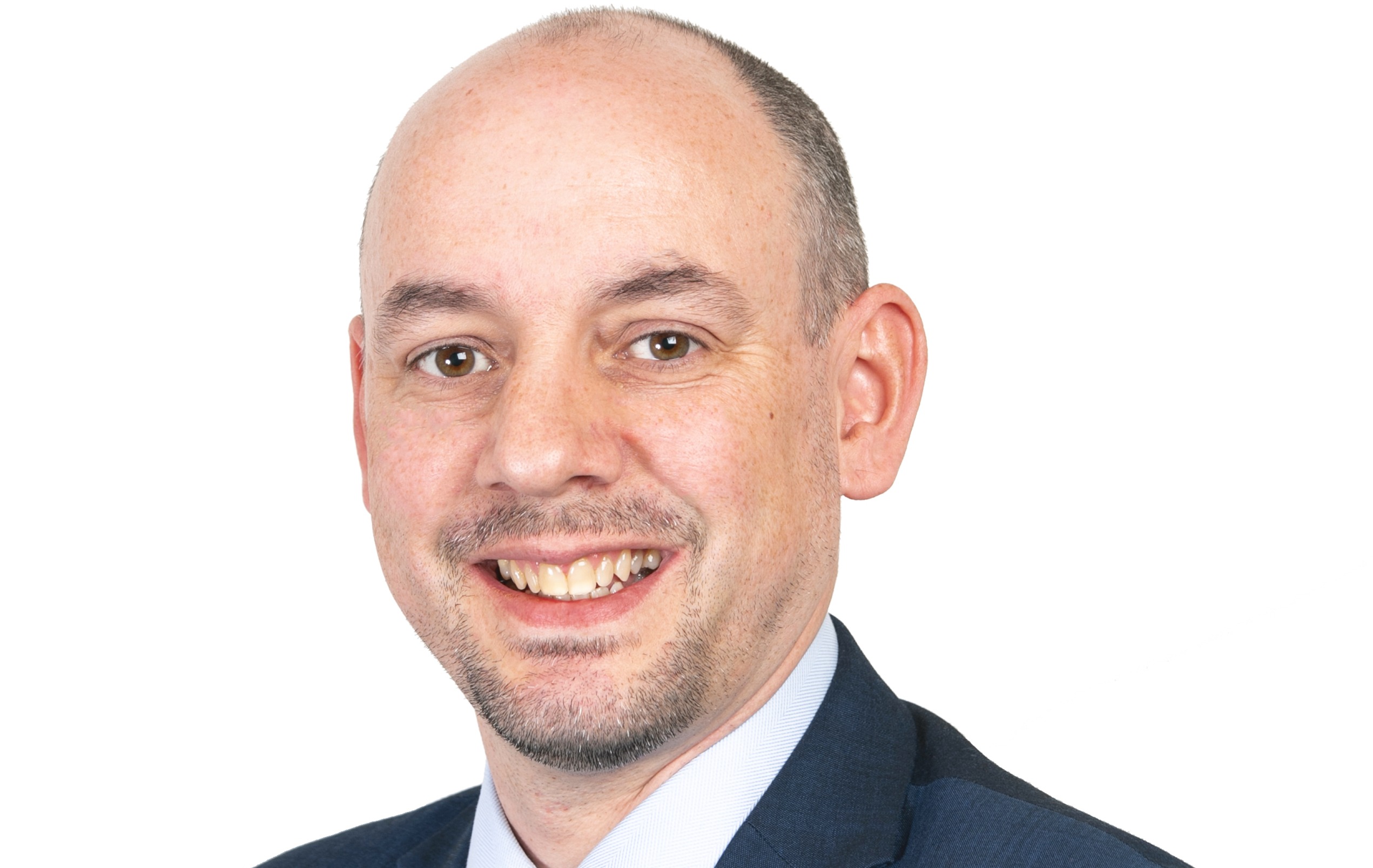
Mercer LGPS adviser Nick Buckland has seen LGPS from both sides of the investment equation and witnessed its transformation through pooling. A former adviser with JLT Employee Benefits before it became part of Mercer, Buckland also spent nine years with Dorset County Council as head of treasury and pensions.
Room151: How is progress in LGPS since pooling?
Nick Buckland (NB): Given where we started from four years ago…to get to where it is today, I don’t think anyone could have quite believed how much would have been achieved.
There’s still an inordinate amount of work to do in pools, in terms of transitioning assets and finding solutions for particular asset classes. But in terms of the amount of work that’s gone into getting there, I think it’s amazing.
There may well be consequential changes in investment strategy that will have to be implemented through the pools. That will present some challenges. From our perspective at Mercer, when we are reviewing strategies for funds, that’s clearly going to be one of the factors now. You can’t ignore the fact that the implementation vehicle is through the pool and it therefore needs to be a big part of the consideration when you’re looking at strategy.
Advice

Room151: How have things changed for organisations like Mercer as a result of pooling?
NB: The biggest change is in terms of advising clients, as you’ve just alluded to. Implementation for most assets and for most clients will now be through the pools.
Clients are still relying on us very much for the strategy piece of work. What we have been seeing is that some of the pools have been looking for advice, support, in their manager selection. We’ve done some work with some of those. I think Mercer is well positioned to do that, given the kind of strength in depth that we have.
We are still very much in the formative stages of pooling and I suspect we will be for another two or three years. Whilst the government agenda is to get this done as soon as possible, I think the pools and the funds are realistic about making sure it’s done properly, rather than quickly. There is a focus on making sure the solutions are appropriate and not rushed.
Room151: How does Mercer fit in as manager selection is taken over by pools?
NB: We’re in an interim phase of the clients, the funds, needing assurance around the work that the pools are doing. Some are looking for advisers to give that assurance. I don’t think there’s any particular conflicts there. But I think there’s just that additional level of assurance, perhaps being needed by the funds to make sure that they are adhering to their fiduciary duties and doing the right level of work on those managers in which they’re investing.
I still see the LGPS as an area that will that need support, but the support will be in different ways. It’s not going to be the same as it was in the past, but there’s still that strategy support.
There will still be, I’m sure, assets invested outside of the pool. The government has made some…”allowances”, maybe not the right word, but there is this ability to make local investments, impact investing, which I think some funds are looking at. In terms of the role of the consultant, I still think there’s a role there. I would say that through wouldn’t I?
Room151: What are you doing for pools?
NB: Some work around manager selection, some work around the due diligence, the legwork of manager selection.
But we’re working on a governance programme with one of the pools as well, which we’ve been doing for a couple of years. It’s governance around how the oversight of the of the pool is being undertaken. So, supporting them with their oversight committee, making sure that they get the information that they need and supporting them in being able to scrutinise the pool.
Room151: How has your strategy advice changed since pooling?
NB: We’re not changing the way we do the strategy modelling at the start of the [pooling] process. We make sure that we’ve got the valuation details and we do the modelling.
At that stage, we then look at how [the strategy] could, potentially, be implemented through the options available in the pool, dependent on which pool the client is within. [The pools] are at various different stages of build. And therefore, within some, …there is an opportunity to influence how [the asset allocation] is built.
If we feel there is a particular asset class that is not yet represented within the pool, but may well be something advantageous to our clients, then there’s an opportunity for the fund to go back and say, actually, we quite like something that does this, for example.
A lot of the pools are looking at it from an outcome perspective. It’s not necessarily about specific asset classes, unless a specific asset class offers something which is particularly different from something else that’s available.
We don’t feel it’s been too restrictive at this stage. When the pools are more developed we will have a full set of options available. And, I guess, that would be when—if there was something really kind of new and funky we felt it would be worth the client investing in— it would be the time to think about it.
Investments
Room151: Are you recommending to clients that they could invest outside the pools?
NB: We wouldn’t want to be recommending an outright allocation outside the pool. We don’t think that’s the way to be doing it. We don’t want to be the ones that are causing the trouble.
However, we want to make sure that the strategy is right for the client. In the case of pools that have a timeline …, it might be something that we would look at, but that would be further down the line. We’re not trying to be the ones that are out there telling people to make all their investments outside the pool, because we don’t see that’s the right thing to be doing.
Room151: What’s going to be the impact on strategy from the valuations that are coming through?
NB: From what I’m hearing, there will be a number of funds out there that are now more than 100% funded. Now, clearly, there will still be the ongoing liabilities of the funds. In the sense that LGPS is an open scheme … there won’t be the ability to de-risk in a way that corporate schemes would, or certainly the closed corporate schemes would.
But I think there may be opportunities for LGPS funds to look to manage some of that risk they have within their portfolios, but from a good position of being more than fully funded. There may be some moves into assets or opportunities for looking at de-risking portfolios.
But also, I think we are going to be in a position over the next three years where it’s very unlikely that we’re going to see the same investment returns that we’ve seen for the last three years. So, funds that need the return, and a lot of funds will still need growth assets, will need to be smart about how they do that, or need to look at some different asset classes. Private markets, we quite like, though clearly there’s a liquidity issue to that.
We’ve got to be cautious with what we’re anticipating over the next three years, though we’re not looking to change strategies on a three-year perspective, we’re looking at them on a 10 to 15 year perspective.
The potential for taking down some of the risk, but also achieving the returns, is going to be quite a fine balance and will need to be managed. Hopefully that’s where we, as consultants, can help.
The other thing that I think will, potentially, be a bigger issue, and already an issue for some LGPS funds, is that the funds will potentially become cashflow negative, certainly, from the benefits side of the balance sheet.
So, the other aspect of looking to balance the equation, if you like, with the strategy review, is making sure that there’s going to be enough cash there to pay the benefits as well as generating the returns that are needed.
ESG
Room151: How big an issue has ESG (environmental, social and governance) become for LGPS?
NB: It’s a massive focus. I was at a training day with one of the clients, and it was a big part of what we were talking to them about.
Within the LGPS, actually, ESG, sustainability and responsible investing has been a reasonably large part of what funds have been doing for a number of years.
But climate change has just kind of started to dominate, given the urgency of some of the statistics and the numbers that we’re seeing. Mercer had done a very good climate change report, which I was quite keen to see as soon as we were able to when we moved across from JLT and we’re talking with clients a lot. We’re helping them set their overall investment objectives with sustainable, responsible investing in mind.
Whilst climate change is absolutely a high priority at the moment, given its urgency, given the potential outcomes if we don’t do anything about it, we’re also trying to ensure the focus is wider than that, around being a responsible investor, ensuring that ES and G values are embedded into all the investment decisions that are being made.
We’re looking to help funds measure that, support them and understand where they are and things they can do to ensure, as a long-term investor, that all investments made are sustainable. Because in my mind, why wouldn’t you?
There is another challenge, and I say challenge, not a conflict particularly. The pools have got to try and have a responsible investment strategy that enables each of the underlying funds to implement their own strategy. And it is likely that some of those underlying funds will be in different positions when it comes to ESG. I don’t think anybody disagrees that it is something that should be done, but I think there are some who would, perhaps, want it to go further than others. There’s a big challenge for the pools to be able to deliver that.
Room151: Will the LGPS come through the process and deliver everything it needs to deliver?
NB: Yes, my shortest answer, on the basis of the people that are there. There’s some really good people working in LGPS and within the pools, and a determination to make this work. It will work in different ways, depending on where you are across the country. But it will work.
Nick Buckland is senior investment adviser and LGPS consultant at Mercer UK and will be speaking on a panel at the Room151 LGPS Asset Allocation Forum on 7 November at the London Stock Exchange.











